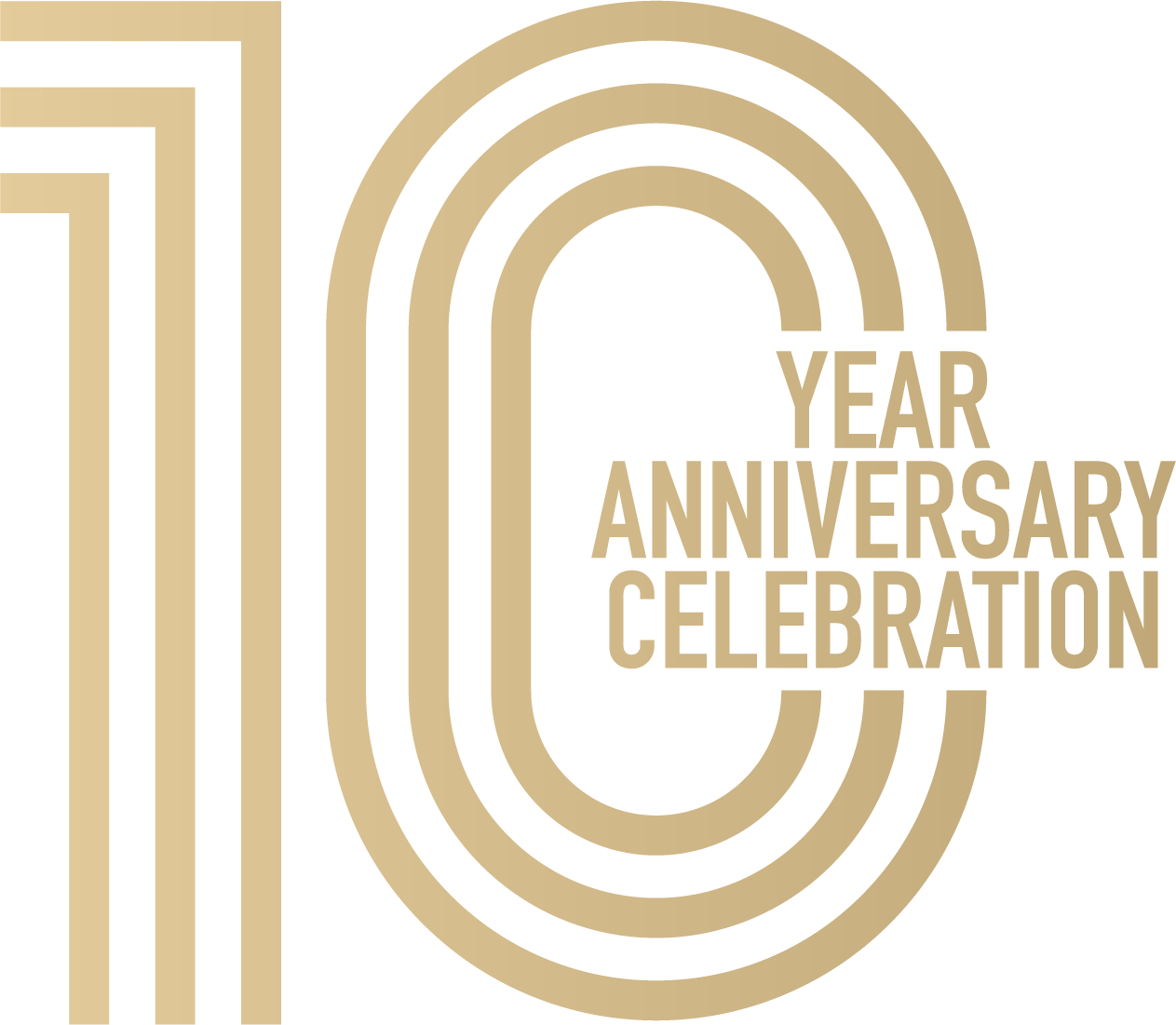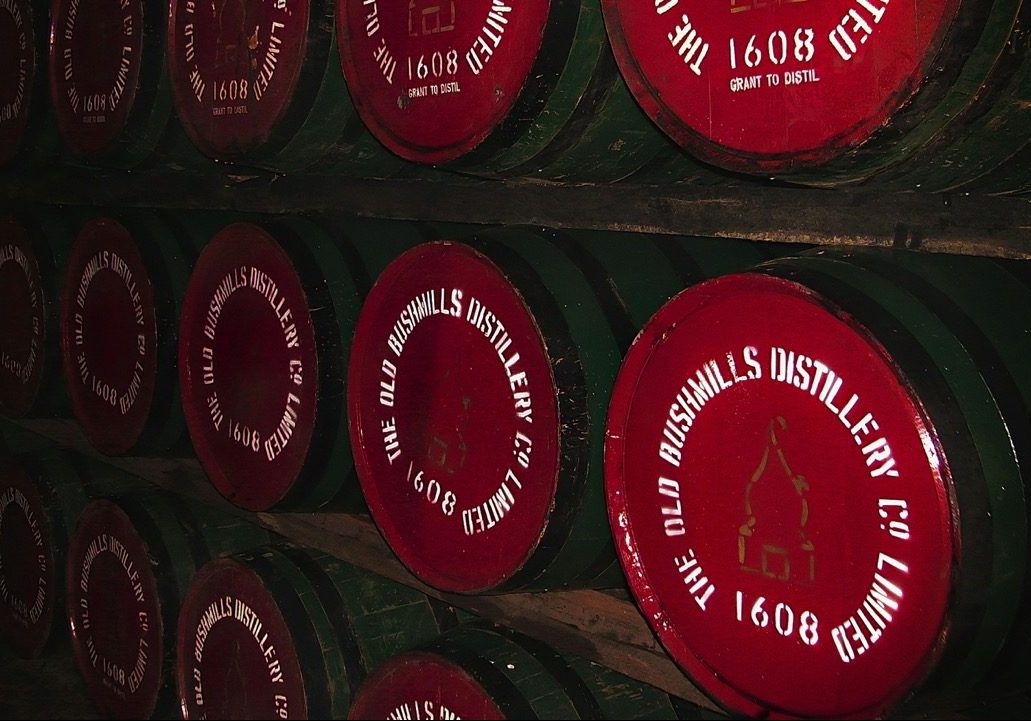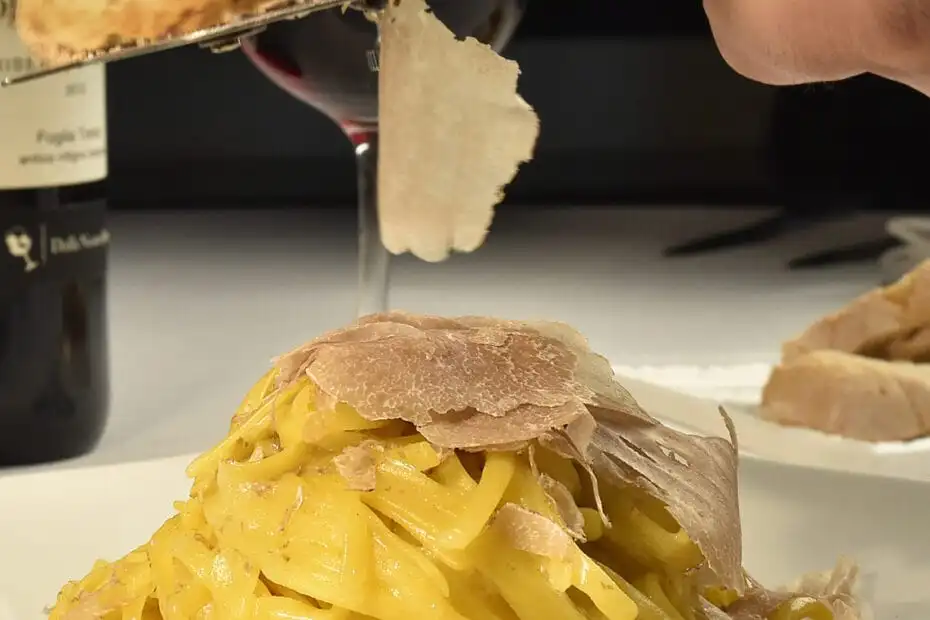Within the realm of spirits, whisky has consistently occupied a unique and revered position, attracting the attention of enthusiasts across generations. With a wide range of choices, reasonable prices, and the potential for substantial returns, whisky is now an accessible and appealing investment for both seasoned collectors and newcomers alike.
As Suthagar McNamara-Rajeswaran, the Head of Business Development at OenoGroup, points out, the whisky market’s appeal has surged in recent times, largely due to a combination of factors. He says, “One significant driver has been the desire among retail investors to find value, especially after experiencing stock market losses of up to 30% during the COVID-19 pandemic.” This sudden loss of value prompted many to seek alternative investment opportunities, leading them to discover the potential of whisky, wine, and other spirits as tangible assets. The benefit to these tangible assets is that, as McNamara-Rajeswaran says, “If it all goes wrong, at least you can drink it!”
Whisky enthusiasts have also benefited from the surge in craft distilleries and innovative production methods. These distilleries, often small-batch producers, have introduced a level of artistry and creativity to whisky-making that has broadened its appeal. This increased quality and variety have led to a shift in how whisky is enjoyed. As McNamara-Rajeswaran notes, “Instead of drinking whisky mixers, more people are savouring their whisky neat, appreciating the exceptional quality that these spirits offer.”
The future of whisky also hinges on sustainability, as consumers increasingly seek products that align with their environmental values. Distilleries must adapt to address these concerns, ensuring their relevance in the eyes of future generations. “The consumer is looking for something sustainably made because people want to enjoy the product, but they don’t want to feel like they are adding to the woes of the planet,” McNamara-Rajeswaran says. He adds, “Distilleries need to match the ideologies of the next generation of consumers and future generations in order to stay relevant.”
In terms of investment potential, whisky has emerged as a lucrative option. The whisky market has seen the rise of “ghost distilleries,” meaning a distillery which is no longer operational but still has casks of valuable liquid ageing in storage. McNamara-Rajeswaran highlights that owning casks from such distilleries can prove highly profitable, as the value of these rare finds can appreciate significantly over time, “So once investors purchase from a distillery that eventually closes down, it doesn’t really matter from an investment perspective, in fact, it usually acts as a positive. When taking these casks back to the market, the fact that the distillery is no longer producing works as a premium to the value of the cask.” Last year, a Macallan cask, initially purchased on a whim for a mere £5,000 in 1988, was sold for nearly one million pounds. The owner had somewhat forgotten about it, only to rediscover its significant appreciation decades later. This serves as a compelling illustration of the advantages of long-term investment and supports the principle that acquiring a cask from a well-known distillery in its early years can yield progressively greater financial returns the longer you choose to hold it.
Furthermore, the English whisky market is poised for substantial growth. OenoGroup is actively exploring partnerships with English distilleries to help them market their products and provide value to clients in this burgeoning market. McNamara-Rajeswaran comments, “From a growth point of view, the English market is one that is really going to grow. There are more whisky distilleries in England than there are in Ireland, and they are making some exceptional liquid.” really good stuff.”
OenoGroup plays a crucial role as an intermediary, bridging the gap between the broader investor market and the whisky industry. Their efforts have helped expand the reach of the industry globally, as distilleries can focus on their craft while OenoGroup handles marketing and distribution. The whisky market also embraces collectors and connoisseurs who curate vast collections of bottles at home. With no need for temperature-controlled storage facilities, whisky aficionados can amass significant collections that, when brought to market, can fetch substantial sums. Some collections can fetch tens of millions of pounds.
As long as distilleries maintain a balance between production and demand, whisky’s value is expected to remain on an upward trajectory. In the words of McNamara-Rajeswaran, “The whisky market will always be a buyer’s market because it is a very long-term hold.” With its rich diversity, investment potential, and sustainability efforts, the whisky world beckons, offering a unique blend of tradition, innovation, and opportunity for all who venture into its depths.








